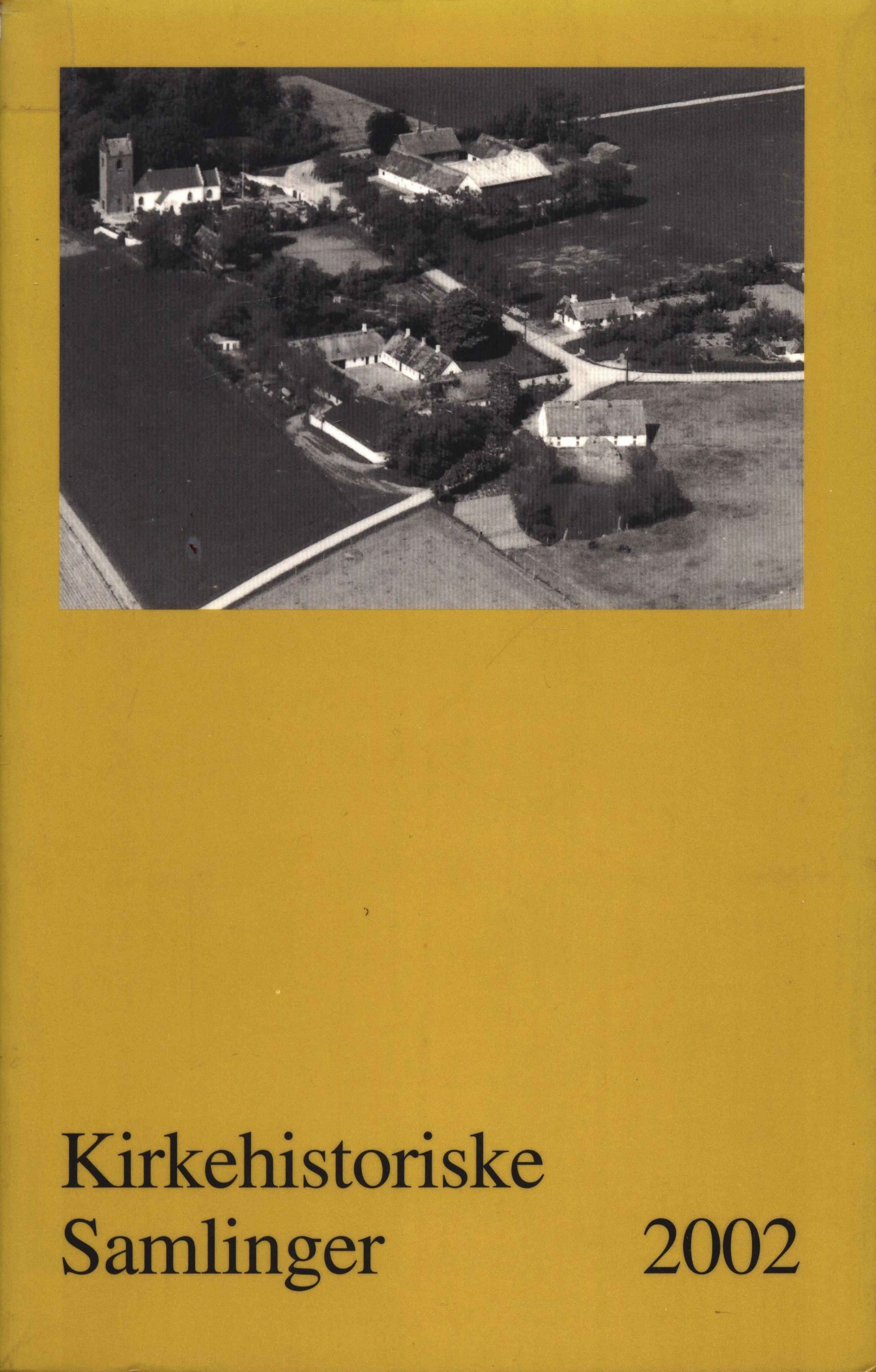Publiceret 15.12.2002
Citation/Eksport
Copyright (c) 2024 Tidsskriftet Kirkehistoriske Samlinger

Dette værk er under følgende licens Creative Commons Navngivelse – Ingen bearbejdelser (by-nd).
Resumé
Valdemar Ammundsen. Church historian and theologian of mediation
Valdemar Ammundsen (1875-1936) was Professor of Church History in the University of Copenhagen from 1901-1923 and Bishop of the Diocese of Haderslev, South Jutland, from 1923 until his death. As a church historian, he was dedicated to maintaining a liberal and catholic position, in that he sought to remain loyal to his own Lutheran background while at the same time sustaining an open-mindedness to other confessional traditions. This openness was evident in his publications on the theology of Martin Luther, but even more so in his important monograph on 19th-century church history. Chief hallmark of this book is its balance between the inner dynamics of church life and the interaction of the church with society and culture as a whole. Moreover, Ammundsen, while affording due attention to leading established theologians, also kept an observant eye upon tendencies in societies towards structural change and upon tendencies towards popular spiritual awakening among the laity. A major concern of his was to preserve an understanding of the linear chain of historical eras and successive historical turning-points; but he would never permit the inheritance from past centuries to stand on its own without his paying similar attention to perceived challenges in his own time. Chief testimony to this is his monograph concerning the European churches during the initial period of World War I, a monograph written in the midst of the horrors of war, with the clear intention of creating an ecumenical understanding of the obligation of the churches of Europe to act as mediators. His professional analysis of the role of the churches in facing the socio-economic shifts and dislocations of modern times led him to a lifelong involvement in the Student-Christian movement and in other early ecumenical conferences. As a result of his dislike of theological rigorism and obstinacy in church politics he also adopted, as church leader, a position marked by broad church inclusiveness. Accordingly, he much admired the popular revivalist movements which had been dominant in Danish church life since the middle of the 19th century - the pietistic Inner Mission and the more cultural and liberal Grundtvigian movement - while also criticizing tendencies towards exclusivity. Notwithstanding such endeavours towards dialogue and unification around the centre he became, to his own astonishment and disappointment, one of the prominent objects for criticism expressed by the young theologians who were adopting a theology of crisis inspired by Søren Kierkegaard and German dialectical theology. As Bishop of the Diocese of Haderslev he made a chief concern of his policy of bridge-building in the northern part of Schleswig-Holstein, which was reunified with Denmark after the plebiscite in 1920. However, his strategy of mediation met with a regrettable setback when fanatic Nazis used his liberal policy as a cover for their propaganda. Bishop Ammundsen’s alertness to the dangers of Nazism brought him into the front line of ecumenical initiatives, intended to express support for the struggles of church-led opposition in Germany, and to create an ecumenical understanding of the dangers inherent in a policy of radical antisemitism and aggressive German militarism. His activities brought him into close cooperation with the Anglican Bishop of Chichester, George Bell, and with Dietrich Bonhoeffer. In his last years Ammundsen grew increasingly disappointed over mounting fanaticism and polarization in Germany and the failure of the outside world to mediate.

